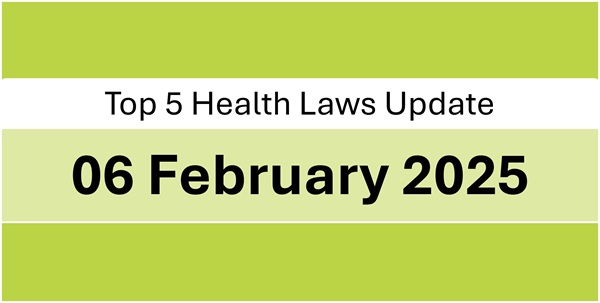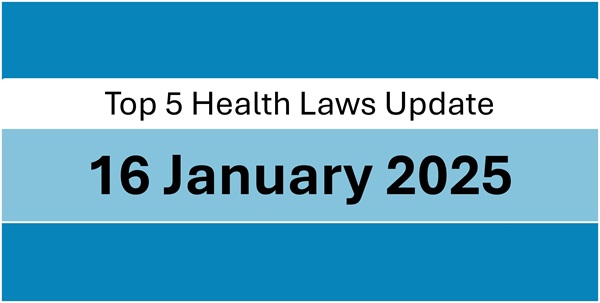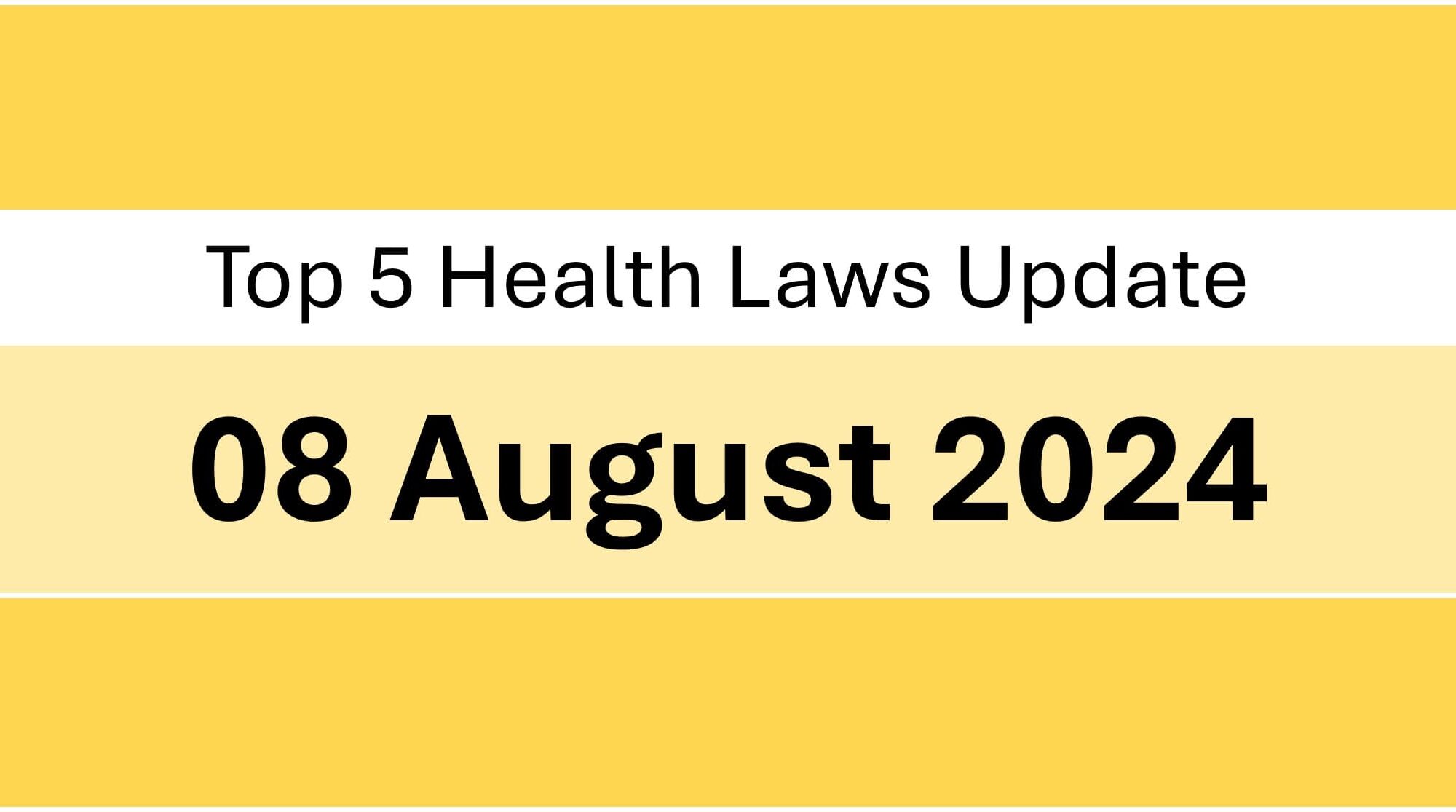Dear Readers, we are happy to share the most interesting legal and policy updates concerning health industry that we read today. we hope you enjoy reading it.
1. India’s Drugs Rules, 1945 through its first amendment introduces standards for Ayurveda, Siddha, and Unani (ASU) nasal drugs, focusing on manufacturing and standardizing dosage forms in traditional medicine. Traditional nasya preparations, including powdered churnas, grathas, and thailams, will also be standardized under these rules.
Source: bit.ly/40M88Zm
2. India’s Parliamentary Panel has recommended to Union health ministry to consider covering the cost of medicines, particularly for long-term treatments like cancer, under the Ayushman Bharat Pradhan Mantri Jan Arogya Yojana (AB PMJAY). The Committee’s 159th report highlighted that the Ministry’s submission suggests the possibility of such a provision. In a previous 151st report, the Committee had urged the government to provide free medicines for long-term illnesses to all PMJAY beneficiaries across states.
Source: bit.ly/4hIIv2s
3. India’s Union Budget 2025 has introduced the “Heal in India” initiative, aiming to boost medical tourism. Kerala is expected to be a major beneficiary due to its world-class healthcare infrastructure and traditional wellness practices like Ayurveda. The initiative aims to streamline visa norms for international patients, positioning Kerala as a leading destination for health and wellness tourism.
Source: bit.ly/4hJReS4
4. India’s Food Regulator, Food Safety and Standards Authority of India (FSSAI)
is reportedly considering new health warning on the labels of alcohol bottles, following a Bombay High Court’s directive on cancer warnings, similar to that on cigarette packs. Currently, alcohol bottles carry two health risk warnings, and industry representatives argue these are sufficient.
Source: bit.ly/3Etn0nY
5. Argentina’s government has decided to ban gender change treatments, including hormone therapy and surgeries, for minors and impose restrictions on housing trans women in women’s prisons. This move aligns with similar legislative pushbacks in countries such as the UK, Sweden, Finland, and the US, with the aim of protecting children’s mental health
Source: bit.ly/3Q7elKv



